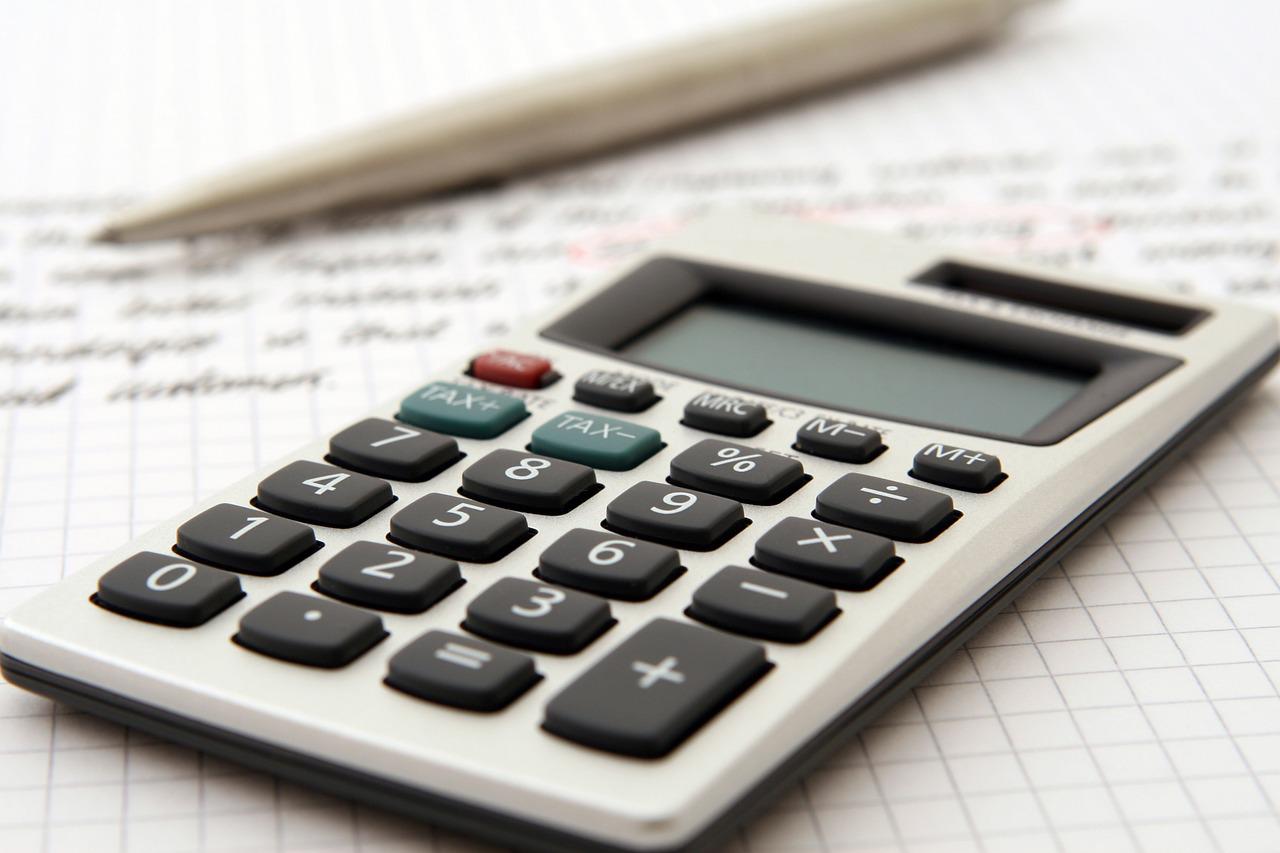Bank of Israel Increases Interest Rate to 2% amidst Rising Inflation

On Monday, the Bank of Israel delivered the biggest increase in its benchmark interest rate seen in two decades.
The monetary authority hiked it by 0.75 points, which took the rate to 2%, in a bid to control the rapidly growing inflation, which has climbed to 5.2% in the last 12 months.
Rate hike
The increase in interest rate came just a month after the bank had increased its interest rate to 1.25% from 0.75% in July.
The announcement on Monday is the fourth increase in the interest rate this year, as Israel is dealing with the fastest rate of inflation seen in the country in the last 14 years.
Moreover, the housing market in Israel has also seen its prices rise the fastest in almost 10 years by an annual rate of 17.8%.
According to economists, there will be more hikes in the interest rates this year. The next decision of the Bank of Israel is scheduled to come in October.
Back in February, the Bank of Israel had issued its first warning about gradually hiking interest rates for curbing inflation.
The economy
The Bank of Israel had said that the strong economic performance in the country and signs of continued robust activity were some of the reasons for the rate hike.
It also pointed to the worsening energy crisis because of the Russia and Ukraine conflict, disruptions in the production chain and a global economic slowdown as other reasons.
In April, the bank hiked the interest rate for the first time when it went from an all-time low of 0.1% and was increased to 0.35%.
The rate had been kept minimal for a number of years and during the coronavirus pandemic as well. The next hike saw the rate climb to 0.75% and the next one in July took it to 1.25%.
On Monday, the central bank said in a statement that there was strong growth recorded in the Israeli economy, along with a rise in inflation and a tight labor market.
It said that the rise in inflation had turned out to be broad-based, with a number of components of the CPI making contributions to it.
The inflation
The Consumer Price Index, or the CPI as it is called, is considered a measure of inflation, which keeps track of the average cost of household items like clothing, food and transportation.
It does not include housing prices, as they are separately tracked. There was an unexpected rise of 1.1% in the CPI in July and an annual increase of 5.2%, as compared to last year.
Even though the inflation numbers in Israel were higher than expected, it is still lower than the 9.1% OECD average in July.
The inflation rate in the US appears to be slowing down, as it stood at 8.5% for July, but is still significantly high.
The bank also highlighted that the unemployment levels in Israel were once more back to levels before the pandemic and the labor market was tight.



